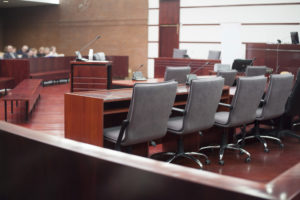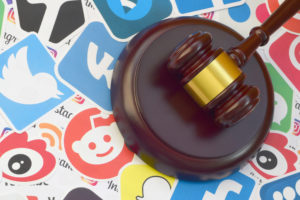
- Turkish politicians shut down Twitter after leaked recordings surfaced.
- The social media clampdown came right before Turkish elections.
- Are Twitter quips considered defamatory in the United States?
Turkish Officials’s Twitter Defamation Takedown Campaign
Weeks before Turkish citizens cast their ballots, country officials were nursing a major online concern: social media websites.
In the days leading up to the election, a “gotcha” government bribery tape leaked via Twitter. Politicians lobbed accusations of villainy across party lines – and word on the sokak was that Prime Minister Tayyip Erdogan was the wheeling-dealing politician caught on tape.
A consummate – if not predictable — statesman, Erdogan has maintained his innocence. Basically, he’s pinning the incident on a Pro Tools aficionado with opposition sympathies.
Turkey Doesn’t Have The Best Free Speech Track Record
A free speech vanguard, Turkey is not. In fact, the country has laws outlawing government criticism. So, it came as no surprise when Turkish lawmakers ordered Twitter to remove any and all offending accounts. Turkey’s communications minister put it bluntly, explaining, “Whether it’s Twitter, Yahoo or Google, all social media companies have to obey the laws of the Turkish Republic and they will.”
Twitter: “Defamation? We Don’t Think So.”
The quip-loving company, however, didn’t immediately kowtow to Turkey’s demands. Twitter was all (and, of course we’re paraphrasing here), Slow your roll, Turkey. Our definitions of Twitter defamation are not one in the same.
Turkey: Shut ‘Em Down!
Undeterred by Twitter’s hesitance, the Turkish government blocked the site entirely. By election time, officials had also blocked Google and YouTube, thanks to another leaked tape.
Alleged Twitter Defamation Did Not Deter Election Outcome…Or Did It?
In the end, Erdogan won the election, and we’ll never know if his victory was aided by the social media shutdown. But one thing seems certain, Turkish politicians intend to keep tight control of social media platforms in an effort to curb Internet defamation.
What Are The Twitter Defamation Rules Under U.S. Law?
Is Twitter snark considered defamatory in the United States? Yes and no. Yes, under United States law, defamation is defamation – no matter if it appears in a well-respected print outlet or a shady website. However, in the past, some plaintiffs have argued that social media platforms are akin to parody and satirical magazines, and won.
Social Media Law Attorneys
Kelly / Warner is a boutique legal practice with considerable experience in international internet law and social media defamation. If you are entangled in a cross-border social media defamation spat, get in touch to learn more about your options.



Leave a Reply
Your email is safe with us.